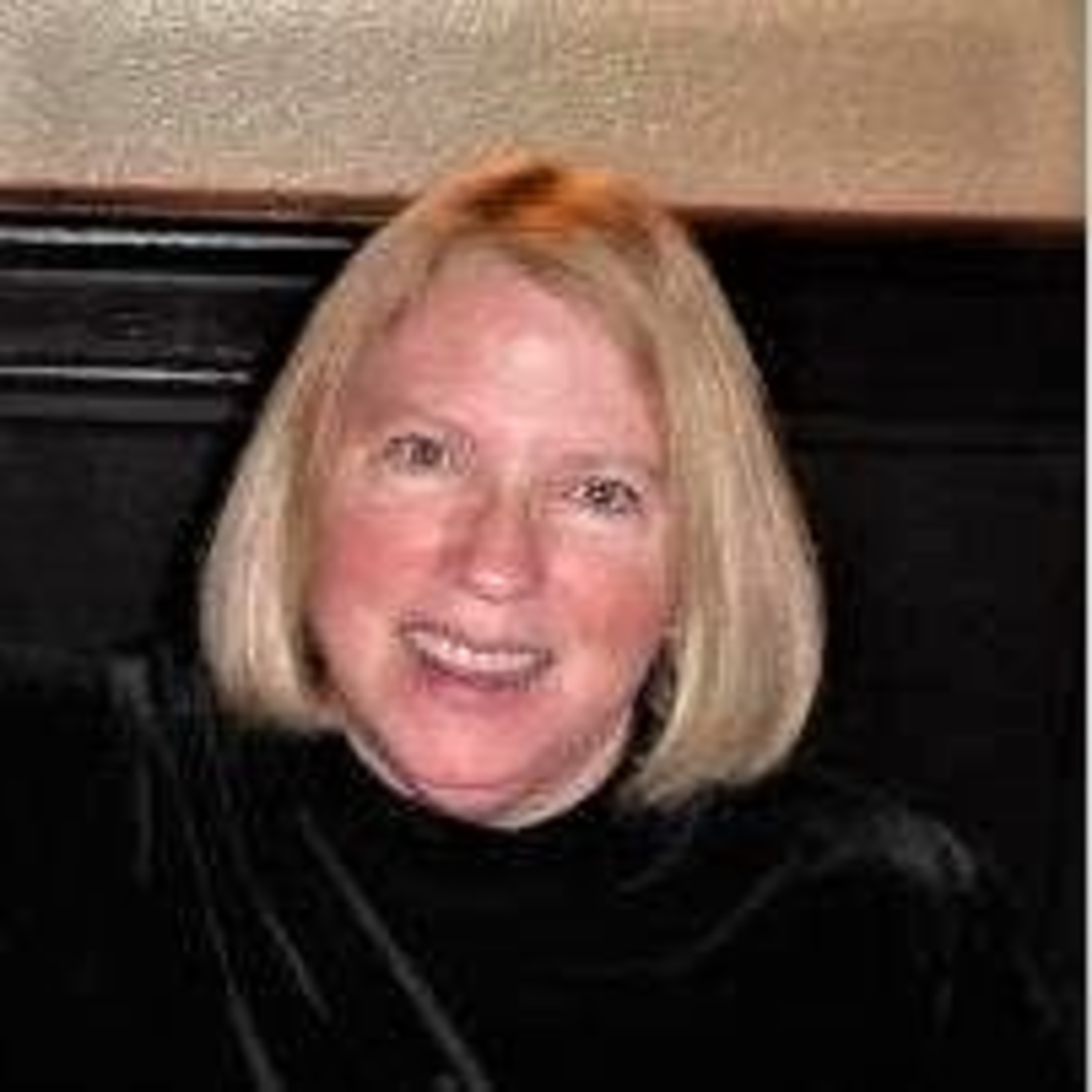- Culture
- SEE MORE
- classical
- general
- talk
- News
- Family
- Bürgerfunk
- pop
- Islam
- soul
- jazz
- Comedy
- humor
- wissenschaft
- opera
- baroque
- gesellschaft
- theater
- Local
- alternative
- electro
- rock
- rap
- lifestyle
- Music
- como
- RNE
- ballads
- greek
- Buddhism
- deportes
- christian
- Technology
- piano
- djs
- Dance
- dutch
- flamenco
- social
- hope
- christian rock
- academia
- afrique
- Business
- musique
- ελληνική-μουσική
- religion
- World radio
- Zarzuela
- travel
- World
- NFL
- media
- Art
- public
- Sports
- Gospel
- st.
- baptist
- Leisure
- Kids & Family
- musical
- club
- Health & Fitness
- True Crime
- Fiction
- children
- Society & Culture
- TV & Film
- gold
- kunst
- música
- gay
- Natural
- a
- francais
- bach
- economics
- kultur
- evangelical
- tech
- Opinion
- Government
- gaming
- College
- technik
- History
- Jesus
- Health
- movies
- radio
- services
- Church
- podcast
- Education
- international
- Transportation
- Other
- kids
- podcasts
- philadelphia
- Noticias
- love
- sport
- Salud
- film
- and
- 4chan
- Disco
- Stories
- fashion
- Arts
- interviews
- hardstyle
- entertainment
- humour
- medieval
- literature
- alma
- Cultura
- video
- TV
- Science
- en
GRACE AGNEW; Novelist, (Sanctuary) (A new novel on CLIMATE CHANGE ); Special Advisor for Strategic Initiatives and Analytics, Alexander Library, Rutgers University

GRACE AGNEW; Novelist, (Sanctuary) (A new novel on #CLIMATECHANGE ); Special Advisor for Strategic Initiatives and Analytics, Alexander Library, #Rutgers University
\nGRACE AGNEW; Novelist, (Sanctuary) (A new novel on CLIMATECHANGE ); Special Advisor for Strategic Initiatives and Analytics, Alexander Library, #Rutgers University Grace Agnew is a nationally recognized data specialist and Associate #Librarian for Rutgers University for the past 17 years. She has advised the National Science Foundation and its grantee universities and others on large-scale data projects, including those that monitor large ecosystems. She is the recipient of over $12 million in federal grants for data research projects. Agnew is the author of three well-received nonfiction books on data management: Digital Rights Management, Getting Mileage out of Metadata, and Online System Migration Guide. She lives in Atlanta, Georgia. CONTACT: Email: agnewsanctuary@gmail.com LinkedIn: https://www.linkedin.com/in/graceagnew/ AMAZON SANCTUARY NOVEL LINK: https://amzn.to/3Cat6DM Journey: As part of my work as a research data specialist, I worked with some of the greatest academic minds in the country who were collecting data on the physical and biological status of the earth. They were talking seriously about the extinction level crisis of global warming in the 1990s, before Al Gore's foundational documentary, An Inconvenient Truth, raised public awareness. But nobody was listening. And even today, not enough people are listening. Why is this? I believe it is because scientists are trained to report even the most horrific truths expertly and dispassionately. Despite what they are telling us, we are soothed by their calm, scientific reporting. We believe someone, somewhere, behind the scenes, is fixing things, averting the danger. And to some extent, this is true. Organizations like the National Science Foundation are awarding grants and scientists are making critical discoveries about new methods to sequester carbon, break down toxic plastics, and grow food in deserts. But an extinction level crisis requires civilization-level response. We can't be saved by scientists. We have come together to save ourselves. We are not dinosaurs. We are the most intelligent, resilient species on the planet. And we can see the crisis coming. In fact, we are already dealing with the crisis in small and large ways every day. In conversations with scientists, it was suggested to me that one thing we might do is build enclosed environments to protect ourselves against a collapsing climate while we develop strategies to heal the climate where we can. This was the genesis of my book Sanctuary. Sanctuary is an enclosed, technologically sophisticated environment, where the fortunate few are hiding from what the planet has become. But are sanctuaries enough? I wanted to do two things: show what the planet might become and how we might deal with it and show real people--people you recognize, not beautiful, not strong, not courageous, but ultimately heroes because they rise, even if reluctantly, to the challenge. I wanted to show YOU. I wanted you to see yourself and to see that you are strong enough, and smart enough, to face climate change and do your part to make things better, Sanctuary makes the case that maybe the fortunate few can hide, but not forever. We have to face the damage we have done and recognize that the climate is not our enemy but our partner through its resiliency and responsiveness to the steps we take. Not everyone will survive, but some of us, hopefully enough of us, will.